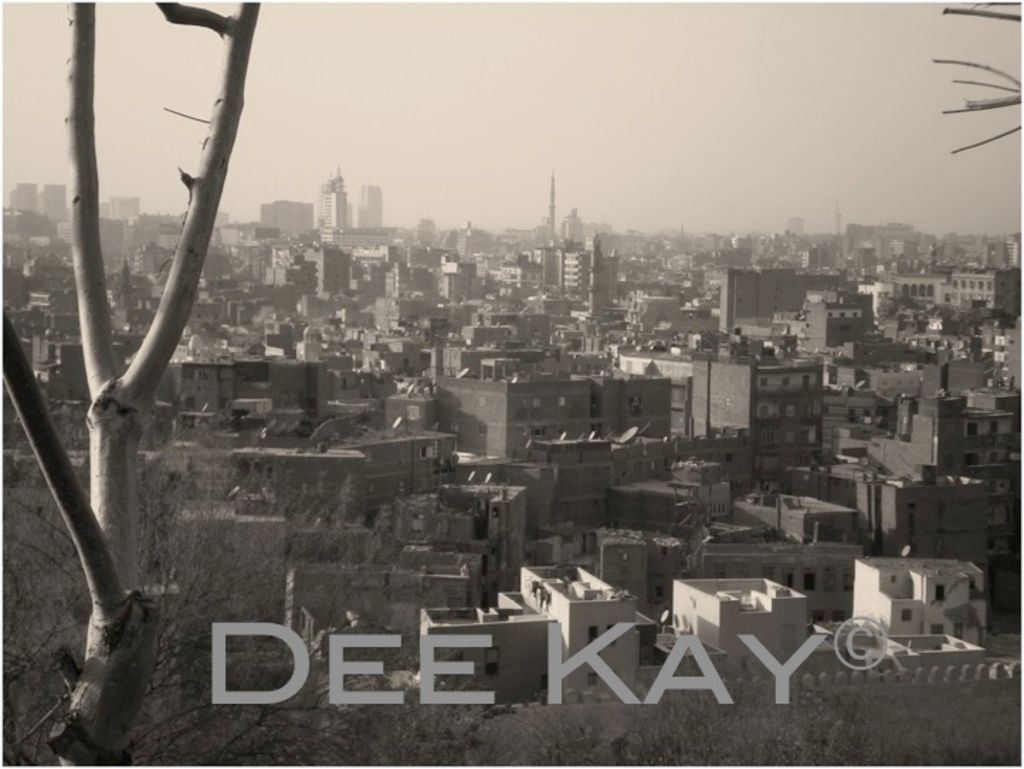Tim Cook Allegedly Masterminded Apple's Tariff Evasion: Insights Revealed
A Shift in Tariff Policies: How Apple Escaped (Temporarily) and Prepared for the Future
The announcement of tariffs by President Donald Trump in April 2025 sent shockwaves through the tech industry, with tech giants like Apple, Dell, and HP feeling the heat. The markets lost billions overnight. However, the Trump administration soon instated a 90-day pause on tariffs for most countries, offering a temporary reprieve for tech companies like Apple.
This relief was further strengthened when it was revealed that consumer tech products, such as smartphones and computers, were exempt from tariffs. According to reports from the Washington Post, this exemption may be the result of a conversation between Apple CEO Tim Cook and Commerce Secretary Howard Lutnick. The topic of discussion was reportedly the potential impact of tariffs on iPhone prices.
President Trump took to Truth Social to clarify his stance, asserting that no one was "getting ‘off the hook.’" He further remarked to the White House Press Corps that he does communicate with Cook, stating, "I'm a very flexible person, I don't change my mind, but I'm flexible."
Fast-forward to 2025, and Apple seems to have a plan in motion to deal with the end of the tariff pause. A report from MacMagazine reveals that Apple's iPhone 16e is already being manufactured in Brazil, marking a departure from the company's regular practice. This could be the beginning of Apple's strategy to migrate phone manufacturing to countries like Brazil, which has a 10% tariff, compared to the 245% tariff on some Chinese imports in the U.S.
This move comes as a response to the potential return of tariffs. If Apple cannot find a solution to circumvent tariffs, the cost of the next iPhone could see a significant increase. Under Trump's tariffs, the most expensive variant of the iPhone, the 16 Pro Max with 1TB of memory, could potentially cost over $2,000 due to tariffs. If production were to shift to the U.S., in line with Trump’s demands, the cost could jump to over $3,000.
Apple's silicon manufacturer, Taiwan Semiconductor Manufacturing Company (TSMC), was not immune to the potential impact of tariffs. A report from TSMC's earnings call earlier in the week indicated uncertainties and risks from the potential impact of tariff policies. They would continue to monitor the situation and manage their business prudently.
Apple iPhone 16e: With a 4-core GPU for graphics, a 6.1-inch screen featuring a ceramic shield, a 10x zoom camera, and high-dynamic range, the iPhone 16e offers impressive capabilities. Available at Best Buy for $599, it boasts 128 GB memory, 5G technology, and a one-year limited warranty. Its battery life is up to six hours longer than an iPhone 11 and 12 hours longer than an iPhone SE.
Despite the temporary reprieve, the future of Apple's products remains uncertain. The tariff game is far from over.
- The tariff policies announced by President Donald Trump in April 2025 affected tech giants like Apple, Dell, and HP, causing the markets to lose billions overnight.
- Despite the shock, a temporary reprieve was offered when the Trump administration instated a 90-day pause on tariffs for most countries.
- Consumer tech products such as laptops and smartphones were exempt from tariffs, which could be a result of a conversation between Apple CEO Tim Cook and Commerce Secretary Howard Lutnick on the potential impact of tariffs on iPhone prices.
- President Trump clarified that no one was getting ‘off the hook,’ but he is known for being flexible.
- In 2025, Apple is manufacturing its iPhone 16e in Brazil, potentially the beginning of a strategy to migrate phone manufacturing to countries with lower tariffs.
- If tariffs return, the cost of the next iPhone could see a significant increase, with the most expensive variant potentially costing over $2,000 due to tariffs or over $3,000 if production were to shift to the U.S.
- Apple's silicon manufacturer, Taiwan Semiconductor Manufacturing Company (TSMC), faces uncertainties and risks from the potential impact of tariff policies.
- The iPhone 16e, available at Best Buy for $599, offers impressive capabilities with a 4-core GPU for graphics, a 6.1-inch screen, 128 GB memory, 5G technology, and a one-year limited warranty, and its battery life is up to six hours longer than an iPhone 11 and 12 hours longer than an iPhone SE.
- The future of Apple's products remains uncertain as the tariff game continues, with impacts potentially reaching beyond technology and affecting finance, business, politics, and general news.





